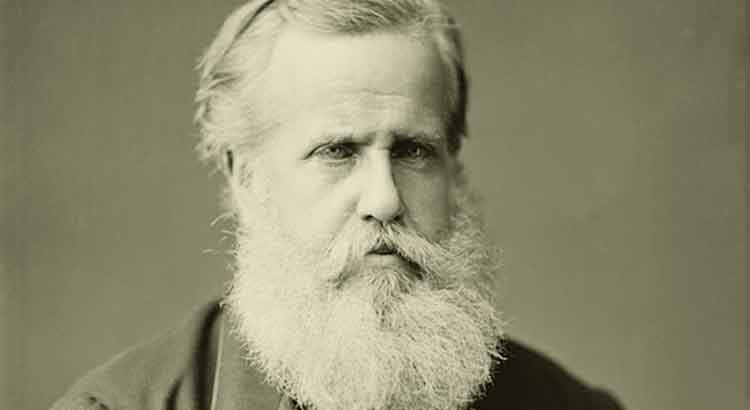D. Pedro II, this man whose life contains a moving tragedy, a tragedy that became even more accentuated after his death, was not capable of putting it in a fair measure in the few verses he composed. They are weak verses, almost innocuous for someone who does not know his biography. But someone who knows it, and imagines the state of atrocious sadness in which they were written, the immeasurable grief of the man whose virtue was paid for with the most revolting injustice on the eve of his death, this person will forgive the aesthetic defects and will sincerely sympathize with the author’s misery. But here lie two moral problems that are hard to admit: the first, that art is indifferent to the sincerity of the author—in art, the most skillful may surpass the most sincere, even if his art amounts to a complete falsification of himself;—the second, that the moral elevation contained in the work matters little, as does the character of what it evokes. It is regrettable… The drama of D, Pedro II is the drama of a Camões, but of a Camões wronged in life and not rewarded by history, that cursed insensitive in which were deposited the last hopes of the noble soul corroded by grief. Would it be different if the verses were better? How useless to answer it…
The Drama of D. Pedro II Is the Drama of a Camões
